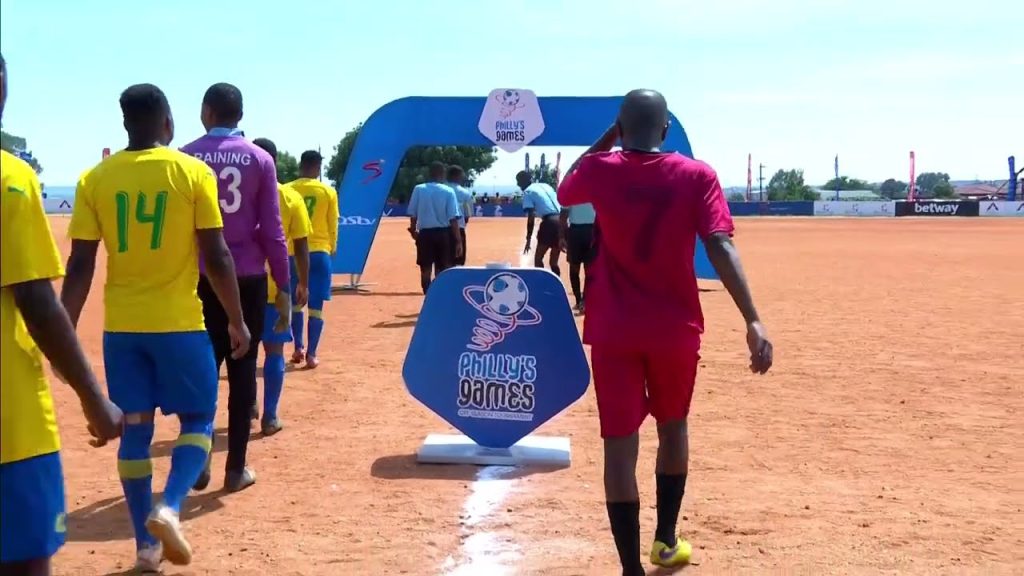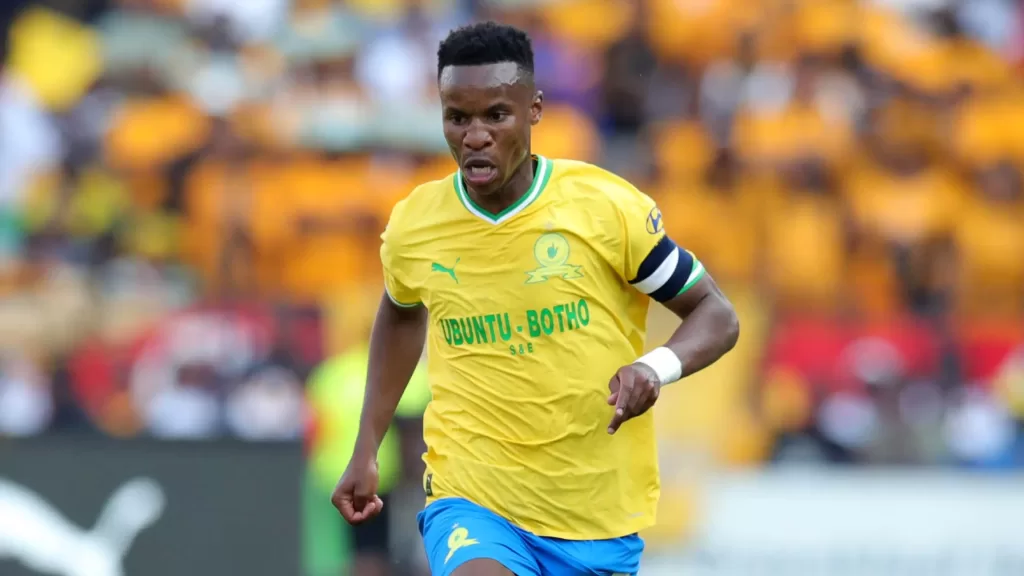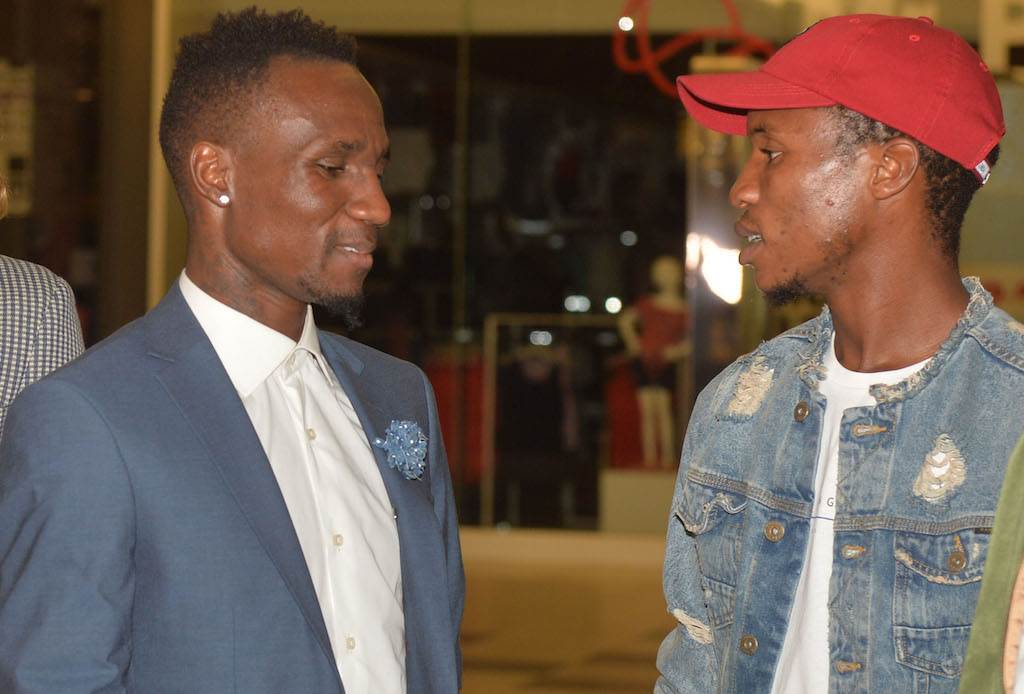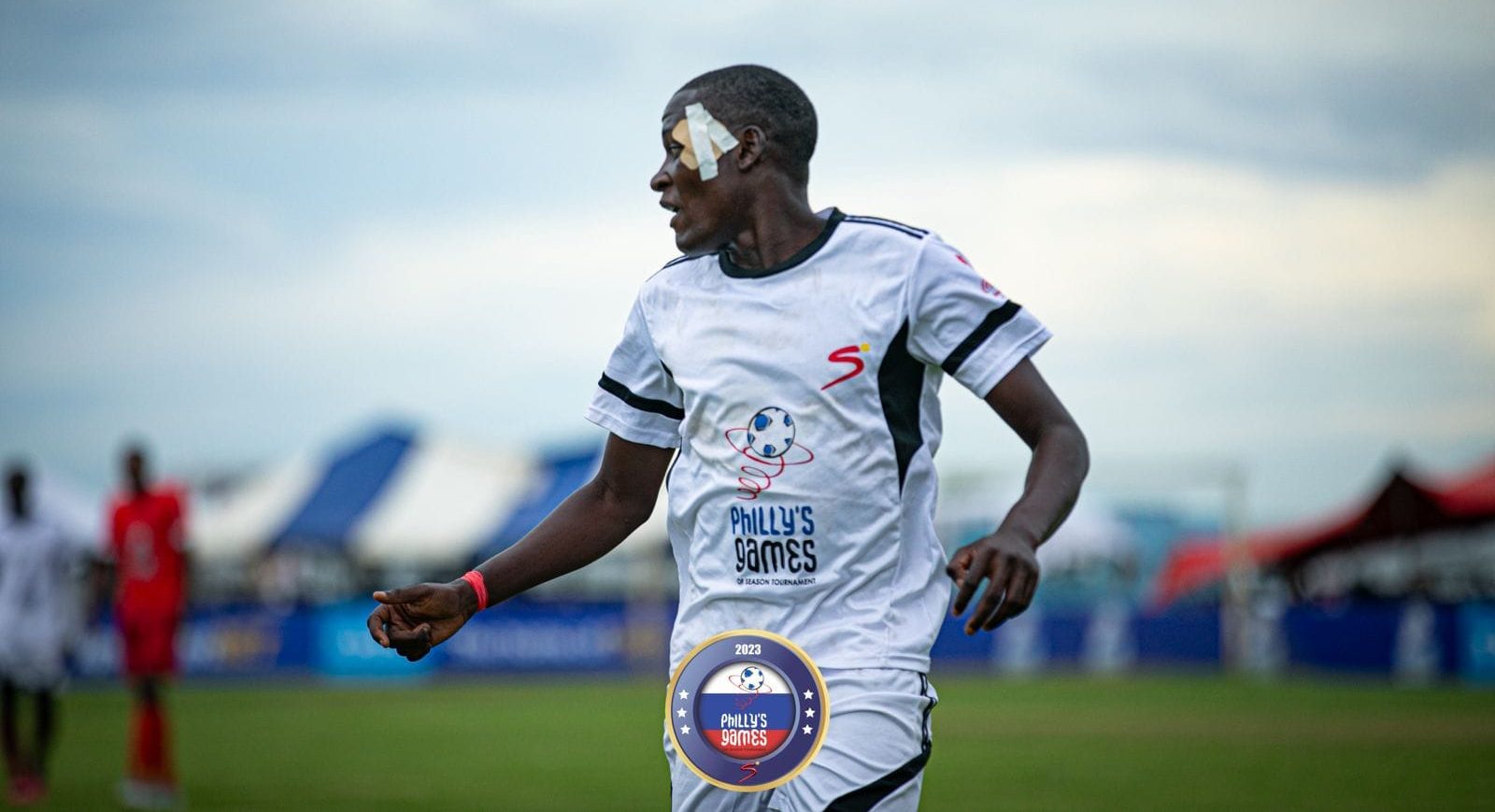The power of football to transcend divisions and weave unity even from the most tangled threads of conflict has been repeatedly proven. From grand stages like the World Cup to humble local pitches, the beautiful game has a unique ability to bring people together.
History offers remarkable examples like the Christmas Truce of 1914, where amidst the brutal trenches of World War I, British and German soldiers spontaneously laid down their arms and shared a game of football on Christmas Day. This brief moment of humanity amidst the barbarity of war showcased the unifying power of sport.
Closer to home, some 32 years ago, Tembisa – a large township situated to the north of Africa’s busiest airstrip OR Tambo International Airport – had turned into a ‘war zone’.
Deep in the middle of a frowned upon era – apartheid – Tembisa, formed in 1957 when blacks were resettled from Alexandra and other areas, sectional wars had heightened. There was no end in sight.
With everyone focused on the ills of apartheid, there was no time to pay attention to the feuding sections of the township. The so-called ‘long arm of the law’ was no solution either. It was a reign of terror with dreaded gangsters wreaking havoc at the slightest provocation.

“Gangster boys called themselves toasters, and they would terrorise the township,” says 65-year-old Finny Mathebula, who witnessed all the mayhem.
“It all started when they killed a boy from my section [Welamlambo] in 1988. Boys from my section then retaliated and killed one guy, and then the other guys came and killed two; guys from my section killed four, and then they killed six.
NO SOLUTION IN SIGHT
It became an endless cycle. One that was getting out of hand by the day. And one with no solution in sight.
“We were living like we were in an army camp,” Mathebula tells FARPost.
By his own admission, even the elders had run out of ideas to put an end to the ‘madness’.
“We didn’t know how to end this thing; you could be sitting somewhere, and then you’d hear that your family has been attacked. When you return home, you’d have to go and kill the same number or more in revenge.”
Understandably, Mathebula and many others from his generation would have been ‘happy’ to face off with their rivals. But they opted to hurt each other’s family members. It was easier, ‘safer’ and it cut deeper.
“If we were hitting each other knowing I’m fighting you, it’d be okay, but having my kid grabbed and cut into pieces was just so devastating,” adds the father of six.
Mathebula, in his younger days tried his hand in football, coming close to turning out for Mamelodi Sundowns around the period Zola Mahobe bought the flamboyant club.
Some four years later, Mathebula was now running his businesses, including three salons in the township.
But he understood how much football could unite a fractured community torn asunder by violence.
And so, with a group of friends in 1992, they started mobilising for a friendly game of soccer between men who, not 24 hours earlier, had been trying to kill one another.
HOW THE PHILLY’S GAMES WERE FOUNDED
It was a game they all loved in the community. At least in their minds, the 90 minutes they would play would be the most peaceful. Weapons would be thrown aside, and skills would be on display at the Kalambazoo grounds, some 600m from where former Orlando Pirates striker Jerry Sikhosana grew up.
“It was to create peace and end gangsterism, so we called it the Peace Games,” explains Mathebula.
Little did he know that years later, the Peace Games would present a platform for another Kalambazoo youngster, Themba ‘Mshishi’ Zwane, born during that ugly era in 1989, who would go on to become South Africa’s most prized footballer on the domestic scene.

“We had no budget, we didn’t pay, we didn’t afford, people volunteered [for things like refereeing].
“I was running three hair salons in the township, so I ran the Games from my pocket. The winning team was getting R1000, and I had to take it from the till to come and pay,” he adds.
In the first edition of the festive tournament, no one really paid attention to the scores. No one griped about fouls or penalties. Rifles were aside, and the boys played a game that would bring them together.
Upon their toes, a humble soccer ball danced, and between their feet, the threads of peace, weaving in and out to stitch together the fabric of a broken community.
Thereafter, as the men headed back to their sections, they knew that they would be shooting at their ‘friends’. Football had turned them from foe to pal. They had learned of one another’s families, and there was no way they could shoot with knowledge like that.
A CONVEYOR BELT OF TALENT
What started as the Peace Games then grew, with the third edition named Philly’s Games after the founder.
“I thought I was being cool calling myself Philly instead of Finny, and the name stuck. So, when it was time to name the games, I had to go with the name people knew,” he explains how the Games were named.
With the ‘war’ a thing of the past, the 13-day festive tournament started growing beyond the imagination of the men and women who joined in to organise it.
It would later turn into a conveyor belt of talent, with young men playing there going on to grace the country’s best football venues.
The late Emmanuel ‘Scara’ Ngobese played at the games, Jabu Pule [now Mahlangu] also had a dance there, while the likes of Teko Modise and his former Orlando Pirates teammate Benson Mhlongo also graced Tembisa grounds in years past.
The Games had certainly grown beyond just Tembisa. They are no longer aimed at invoking a ceasefire. But they have become a culture. A festive season without the Philly’s now seems incomplete.
“I want to clarify this: you can’t develop a player in 13 days, but we have given people a platform,” he rightly acknowledges.

WHAT THEMBA ZWANE SAID ABOUT THE PHILLY’S GAMES
But Zwane, a man Mathebula is proud to have seen raw at the Games in his younger days, is grateful for the platform.
“We made friends at the Philly’s Games,” he says as if to corroborate Mathebula’s story on how the tournament began. But more than anything, we rubbed shoulders with our idols, and we learnt that it was also possible to play in the PSL,” the Mamelodi Sundowns captain says.
He recalls playing alongside Modise, former Bafana Bafana gunslinger Katlego ‘Killer’ Mphela and Reneilwe ‘Yeye’ Letsholonyane, among others.
“There were scouts there; guys like Barnes Bapela [former Sundowns scout] would come,” says Zwane, who was spotted at the games.
But, three decades on, Mathebula still feels he could have done more.
“I think I didn’t do enough; I’ve been knocking on doors to pursue the development side properly. My wish was to run a fully-fledged academy, give bursaries and link the boys with some big teams. I’ve been struggling for the past five years,” he explains.
However, for one fleeting, all-too-brief day, the game brought a feuding community together.
RELATED STORY: Philly’s Games 2023 kick off in style with exciting draws and close calls

